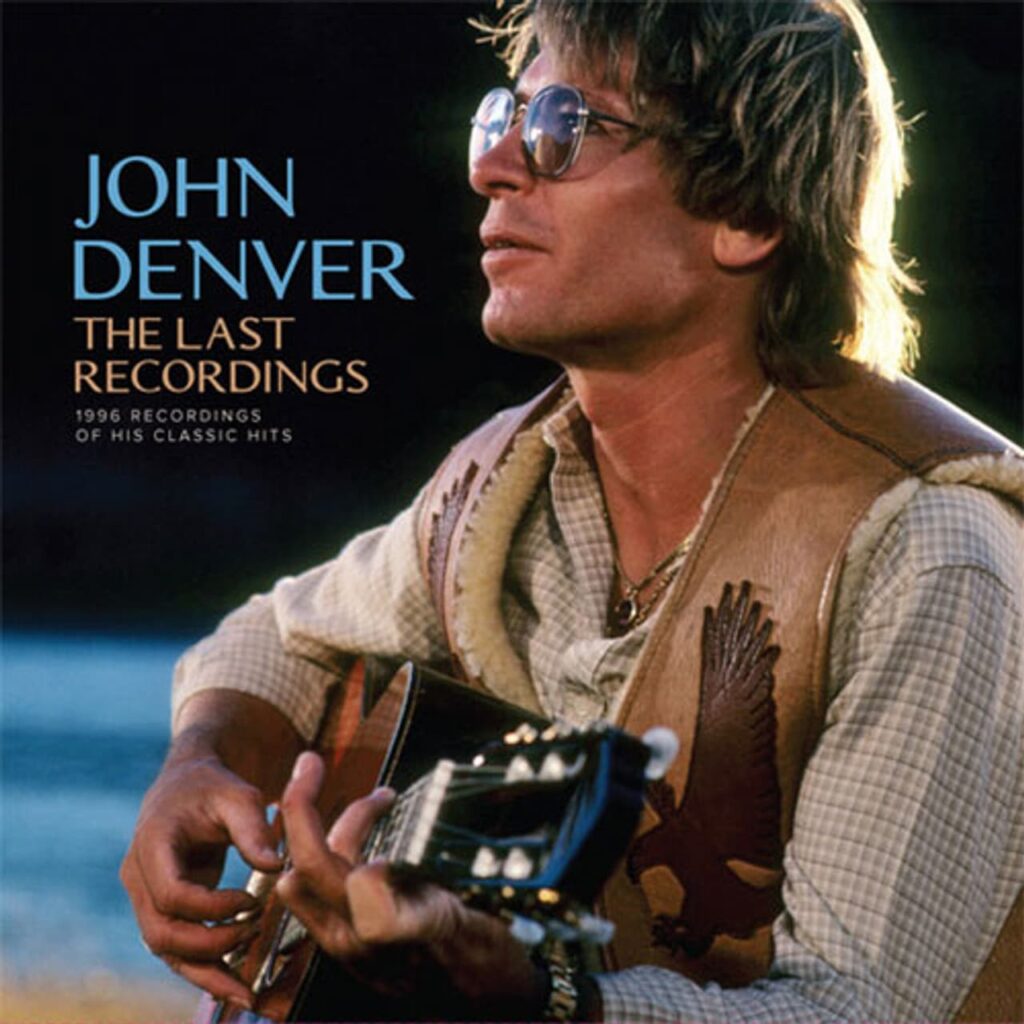
The Day the Music Died: A Final, Unforgettable Journey
It’s a memory as crisp and sharp as an autumn morning in the Rockies: Sunday, October 12, 1997. The day the gentle, soaring voice of John Denver was silenced forever. Twenty-eight years have now passed since the skies claimed one of music’s most earnest and beloved troubadours, making this anniversary a reflective moment for all of us who grew up with his nature-infused anthems. Today, we don’t focus on a single song, but on the profound finality of his departure—a tragic footnote that nonetheless speaks volumes about the man who lived and died with an unshakeable love for flight, the environment, and the world’s simple, honest beauty.
The raw facts of John Denver’s passing, though painful, are essential to understanding his legacy.
John Denver’s music career peaked in the 1970s with smash hits like “Take Me Home, Country Roads,” “Rocky Mountain High,” and “Annie’s Song,” but his final years were marked by a passionate focus on humanitarian and environmental causes, often weaving these themes into his later work and live shows. The fact is, he never truly left the spotlight; he just shifted its focus from pop charts to policy and preservation.
The story behind his untimely end is both heartbreaking and inherently him. John Denver was an avid, accomplished pilot, and flying was as central to his soul as his music. It was a love that mirrored the freedom and exhilaration he sang about in his songs—a direct connection to the “high” of the mountains and the vast, blue frontier. On that fateful day, he was piloting a recently acquired, experimental Rutan Long-EZ aircraft. The National Transportation Safety Board (NTSB) investigation later suggested the crash was due to the pilot’s inability to switch fuel tanks during flight because the selector handle was placed in an inaccessible location for a solo pilot. This mundane, technical failure in a machine designed for individual flight brought an end to the career of a man whose music was anything but mundane.
The meaning of his death, particularly for those of us who remember him, is complex. It wasn’t the death of a fading star; it was the sudden extinguishing of a bright, optimistic light at a time when he was on the cusp of a renewed creative phase. His final song, “Yellowstone (Coming Home),” written just weeks before his death, speaks of a return to a spiritual, natural home and was performed live in his last concerts. The lyrics, imbued with his characteristic reverence for the American landscape, are now impossible to hear without a chilling sense of prescience.
For an older generation, John Denver’s voice is synonymous with a simpler time: a world untainted by cynicism, a world where the mountains were rocky mountain high and the air was clean and cold and sweet. His music was a form of reassurance, a quiet retreat from the decade’s turbulent politics and confusing cultural shifts. The crash, therefore, felt not just like the loss of a singer, but the loss of a certain kind of innocence, a beloved companion who always pointed us toward the silver lining, the sunshine on our shoulders.
Though he has been gone for nearly three decades, his legacy—the purity of his tone, the sincere depth of his lyrics, and his fierce commitment to the planet—endures, echoing through the canyons and valleys he celebrated. When we hear those first, familiar guitar chords, we don’t just recall the radio hits; we recall a man who genuinely believed in the power of music to change the world, and whose voice will forever be entwined with the majestic, enduring spirit of the natural world.